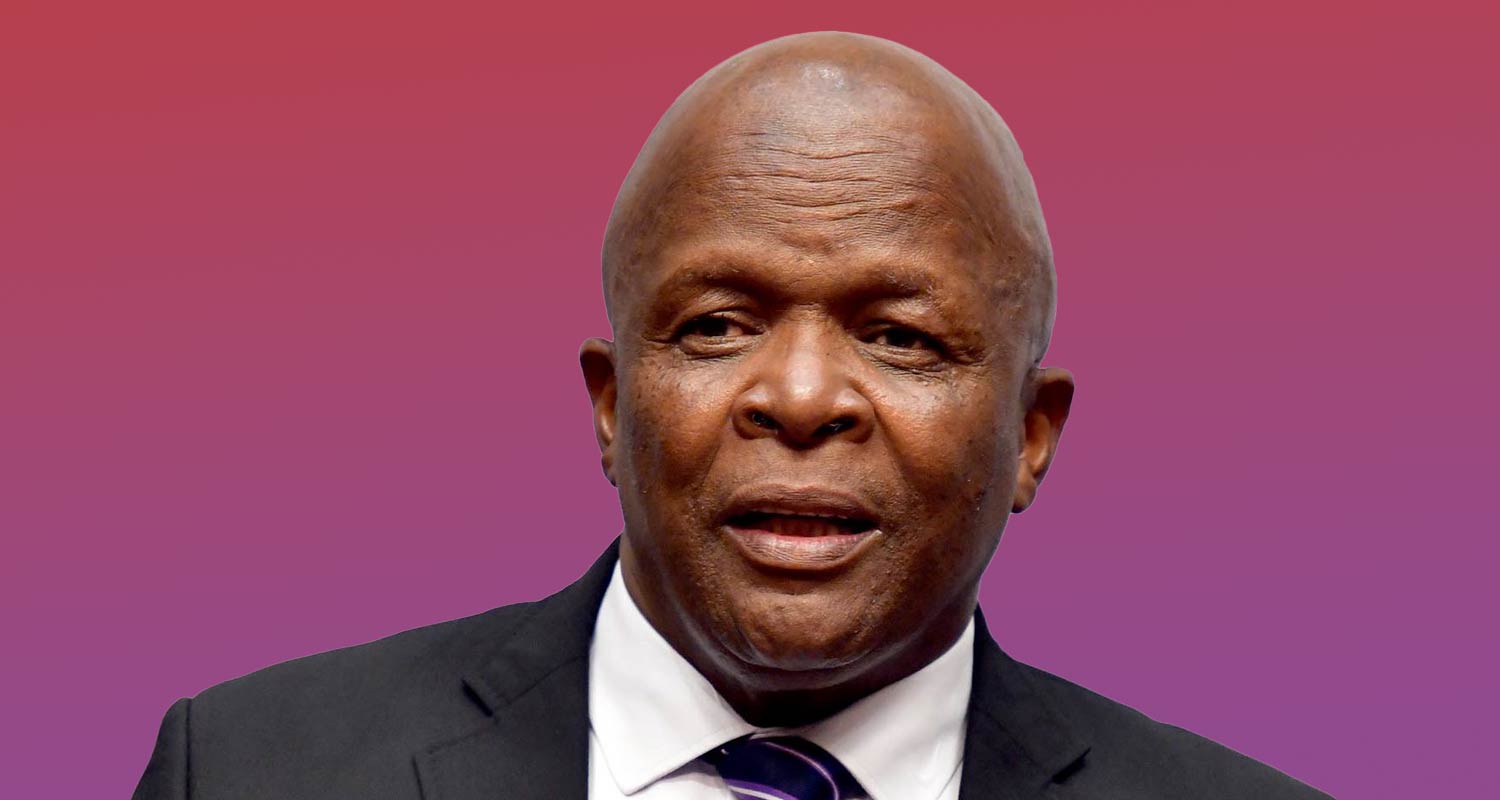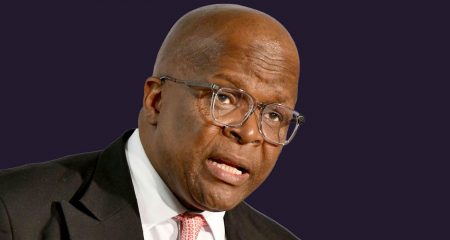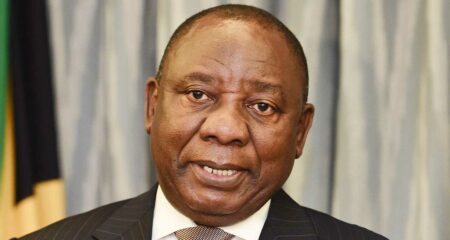
Communications minister Mondli Gungubele apologised profusely on behalf of his department and that of minister of social development Lindiwe Zulu at a press briefing on Thursday to explain the “glitch” in Sassa grant payments this week.
The two said they “shared the pain” of beneficiaries who could not afford to pay for transport home after travelling to post offices where their grants were denied, or pay for food while standing in queues as their monthly grant allocations were finished.
Postbank CEO Ntomboxolo Mbengashe also empathised with beneficiaries, saying she had been raised by a mother who depended on a grant and so understood the suffering of those denied their payouts; but she said the system was now stable and that 10% of the cases (600 000 people) who had still not been paid by Monday, 90% were now resolved.
But on Tuesday, hundreds of grant beneficiaries had not received Sassa payments that were due a week before because of “technical difficulties”. Postbank claimed the problem was fixed last Wednesday, but this was not the case at many branches of the Post Office this week, where elderly and disabled residents queued hopelessly.
Gungubele said the situation arose because of “system upgrades and transaction timeouts [and] automated functionality which was impacted by the upgrades”. He said the errors occurred on 5 and 6 September but had been resolved by 6 September, and that since then the system has been working optimally. “A few are still impacted because Postbank had to implement manual access,” he said.
He used the opportunity to punt the idea of Postbank as an independent state bank to service the “underserved who cannot afford conventional banking fees” and said “the idea of a developmental state had become a myth and bastardised, whereas it is a realistic option embraced and made to work by China, for instance, which had used it with great success to inclusively improve the life of all”.
Strong leadership
All that was needed was strong leadership, Gungubele insisted, backed up by Zulu, who said “as long as agencies were held accountable” and there was “political will, with ministers united” to effect change, a plan B would see to it that “people don’t suffer”.
Gungubele blamed lack of leadership by the board for many of Postbank’s problems, saying the board was about to be served with a section 71 notice to dissolve it, but had resigned beforehand. He said perhaps it was a good thing as “we must be aligned with the Reserve Bank and there were certain problems with governance. Also, perhaps banking knowledge is not their strength and they can make way for men and women who have these strengths.”
Postbank chair Thabile Wonci has an MBA and over 15 years of experience in investment banking.
He and the entire board of Postbank resigned with immediate effect, saying they could no longer deal with the level of interference from Gungubele, according to a leaked letter on 12 September and addressed to Gungubele.
 It stated: “As the chairperson, together with the board, we have had the utmost privilege of leading the bank with fidelity, honesty, due diligence, and with duty of care and skills, often times working beyond the call of duty to ensure that the bank is able to execute its mandate.”
It stated: “As the chairperson, together with the board, we have had the utmost privilege of leading the bank with fidelity, honesty, due diligence, and with duty of care and skills, often times working beyond the call of duty to ensure that the bank is able to execute its mandate.”
Postbank said its mandate is “primarily the provision of accessible and affordable financial services, including responsible lending, to the unbanked and underserved”. Last May, the communications department tabled the South African Postbank Amendment Bill, hoping to fulfil government’s plans for a state-owned full-service bank.
Acknowledging setbacks at the entity, the board admitted this is an “intrinsic part of any institution’s journey” but said “the hostility that the board suffered at the hands of the minister sought to undermine the credibility of Postbank and their individual responsibility. This was particularly painful as we did everything in our power to manage and ameliorate consequent risk to the bank and hardship that would ultimately be suffered by the most vulnerable stakeholders of the bank, especially grant recipients.”
The board said that over the past two years, it had dedicated its time, energy and efforts towards serving the bank and always working in its best interests.
“However, recent events and unfortunate circumstances between the minister and the board have compelled us to make this difficult decision. There is absolutely no self-respecting board that can perform any meaningful work with the level of external interference, undue pressure and influence that our board has endured over the past couple of months. This obviously has deeply disturbed us.
“We cannot, in good conscience, continue to be associated with an institution whose board continues to be undermined and disrespected.” — (c) 2023 NewsCentral Media




